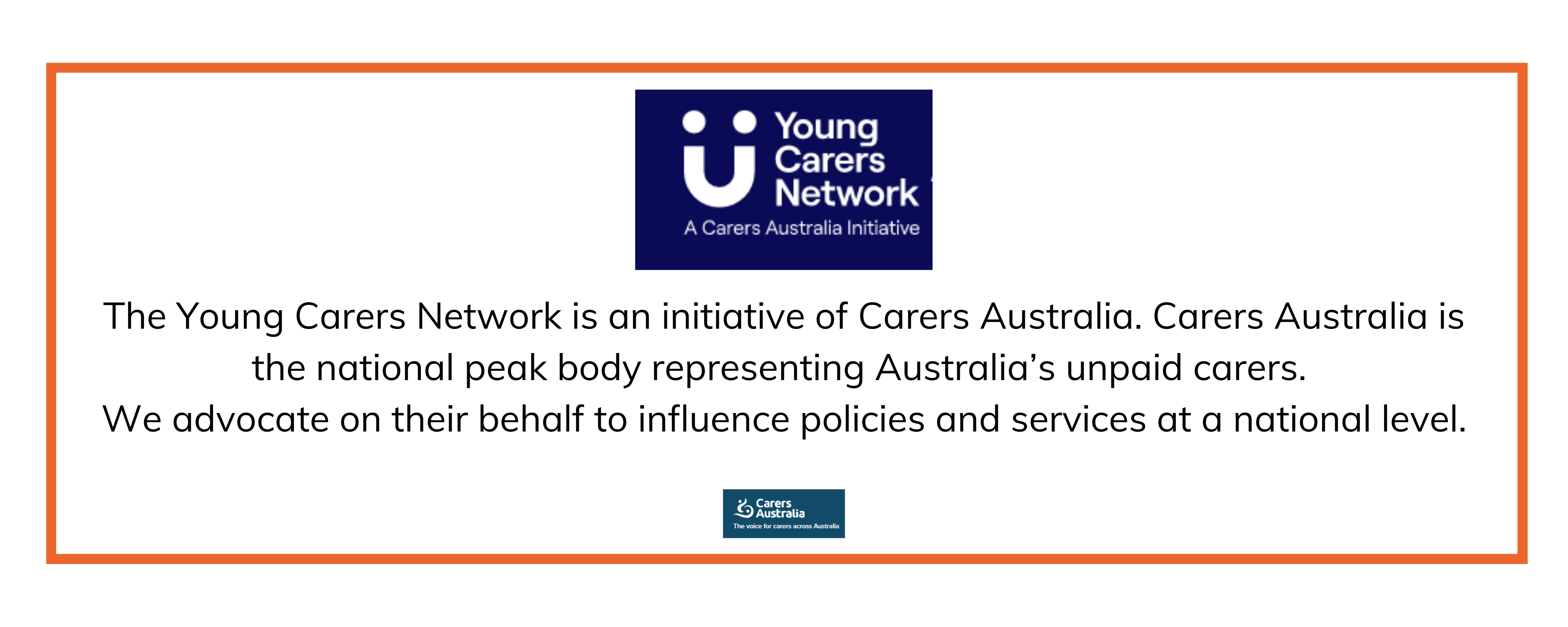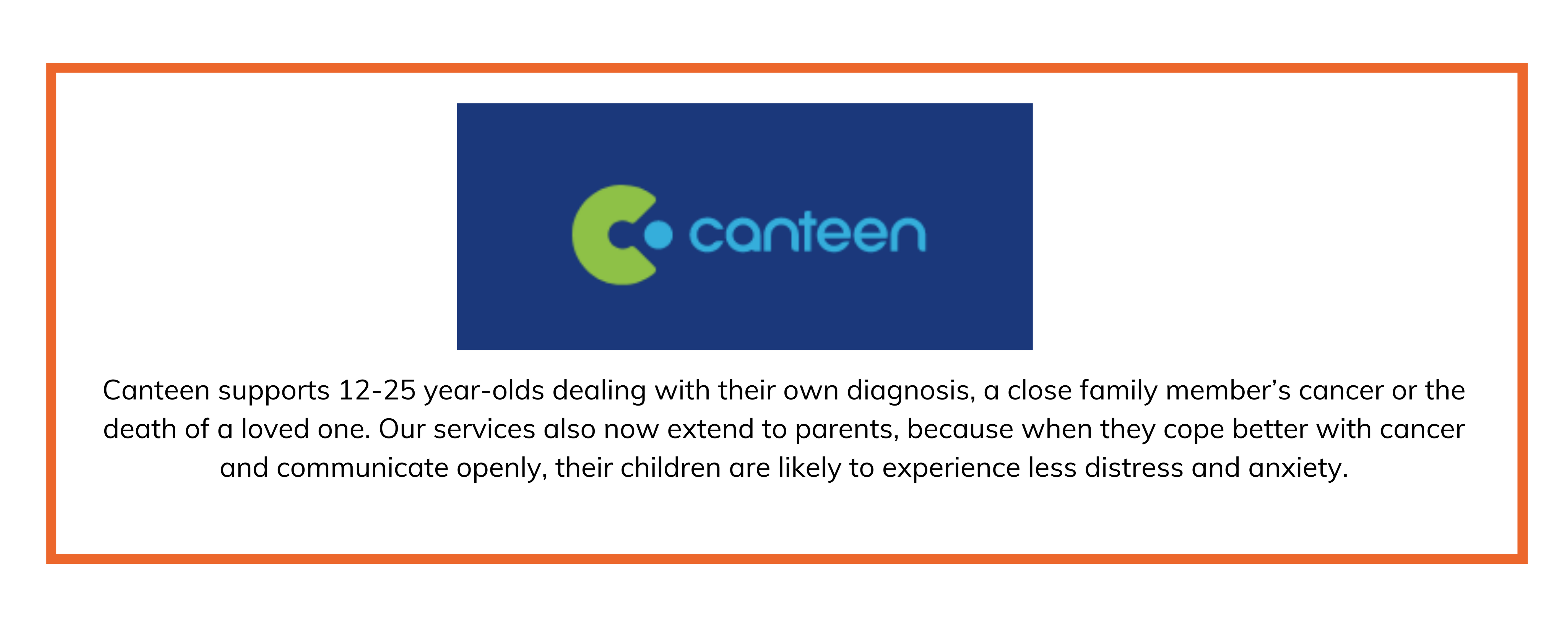Information for young people

The following information has been provided by the Australian Centre for Grief and Bereavement.
When adolescents experience a death, their parents, caregivers, relatives and teachers are often concerned about how best to support and meet their needs. Adolescents express and process grief in a variety of ways depending on their age, personality, past experience of loss, support systems, and the context of the bereavement.
This information sheet is designed to help parents, caregivers, relatives and teachers to understand and support adolescents to navigate their grief experience.
Common grief responses in adolescents Adolescents, like adults, will vary in their responses to death and dying; however, there are some common reactions that may affect them.
Common grief responses in adolescents
- shock and disbelief that the person has died
- sadness that the person has gone
- difficulty concentrating or remembering things
- reluctance to go to school
- disruptive behaviours/frequent fighting
- non-compliance to requests
- Hyperactivity
- increased need for attention
- issues of abandonment, insecurity and safety concerns
- fear, guilt, relief, anger, rage, regret, confusion:
- concern about being treated differently
- change in values, questioning what’s important
- preoccupation with death, wanting details
- a need for checking in on surviving parents, siblings,
- extended family, friends, etc.
- changes in relationships and family roles
- wanting to be physically close to safe adults
- changes to sleep patterns and appetite
- headaches, tiredness, muscle aches and nausea
- anxiety about the future.
Causes for concern
Be aware of signs that indicate an adolescent is not coping and seek professional support where the following is evident:
- hopelessness, depression, intense sadness
- dramatic changes in personality
- antisocial or violent behaviours
- excessive guilt or self-blame related to the death
- risk taking or behaving dangerously
- inappropriate sexual behaviour
- breaking the law or illegal behaviour
- excessive gaming
- drug and alcohol abuse
- prolonged sleep and/or eating problems
- extended withdrawal or isolation from family
- and/or friends
- reoccurring thoughts of death
- ongoing suicidal thoughts or evidence of
- self-harming behaviours.
Listen and talk with them
Adolescents need and want truth as much as adults. When they don’t get it they may lose trust with that adult and attempt to piece together information with peers, which can often be incorrect or embellished, resulting in worry and confusion. Try to be open, honest and consistent in your communications with them. Invite them to talk about the loss
and respect their choice if they are not ready, but check in with them regularly in case they change their mind.
Provide safety and security
Adolescents often look to their peers for support when times are tough, so encourage and support them to connect with friends in a safe environment. Encourage their continued participation in enjoyable activities, such as sports or hobbies, and try to maintain routines as much as possible. Families are also very important in supporting a young person with their grief and can help young people to maintain a sense of security and feel safe.
Provide opportunities for expression, memorialisation and connection
Support and encourage them to gather stories and memories of the person who died, bringing them together in ways and. activities that appeal to them, including:
- writing journals
- Photos
- creative artwork
- music/dance
- Talking
- Blogs
- Memorials
- tree planting
- creative writing
- joining a support group
- starting a book of memories
- Bushwalking
Allow for a range of responses to loss
Be aware that your own grieving style may look very different to that shown by the adolescent. Finding out how they express. their grief and reassuring them that it’s okay to have different ways of grieving, will help them to feel more supported. Provide them with information about normal feelings associated with grief.
Provide support leading up to anniversaries and significant occasions
Help them to anticipate times that may be particularly difficult, (e.g. Christmas, birthdays or anniversaries) and develop a plan for coping with these periods. Try also to help them find meaning in what has happened and foster a sense of hope for the future.
Support yourself
You won’t be in any position to provide support if you don’t first take care of yourself, both physically and emotionally. If you are struggling, don’t be afraid to ask for help, whether that be through family, friends or health professionals.
Seeking help
With good information, love and support, adolescents can learn to understand and work with their grief. It can be particularly challenging for families to support each other when a family member has died, because everyone will grieve in different ways, so seeking professional support might be helpful if you’re finding it difficult to support each other through a loss.
Download the Australian Centre for Grief and Bereavement’s MyGrief app for immediate information about how to receive bereavement support or how to support someone who is grieving. The MyGrief app is available at http://bit.ly/mygrief for both Apple and Android smartphones.
Contact the Australian Centre for Grief and Bereavement on 1800 642 066 to arrange to speak with a specialist bereavement counsellor about telephone or online bereavement counselling.





